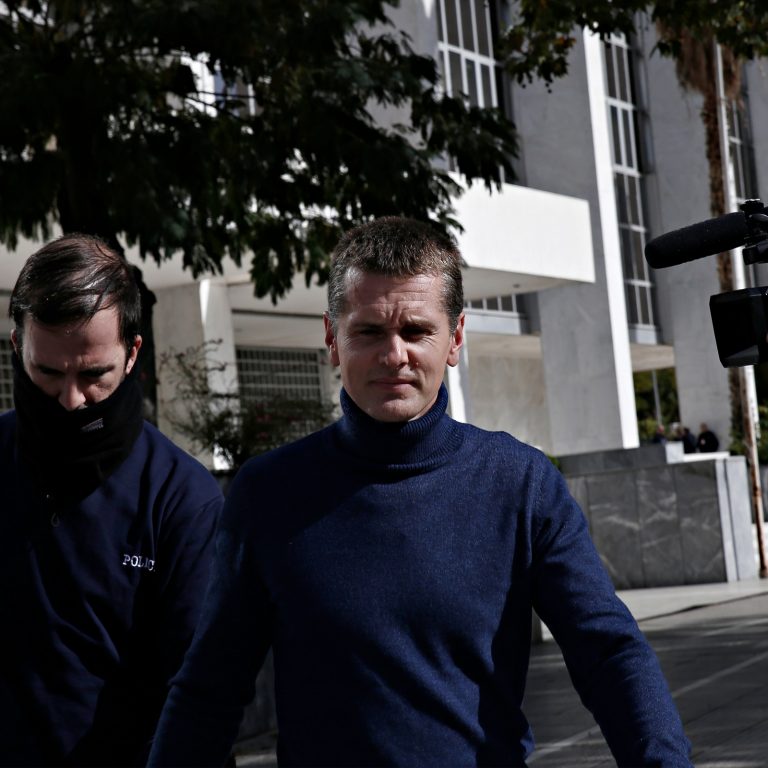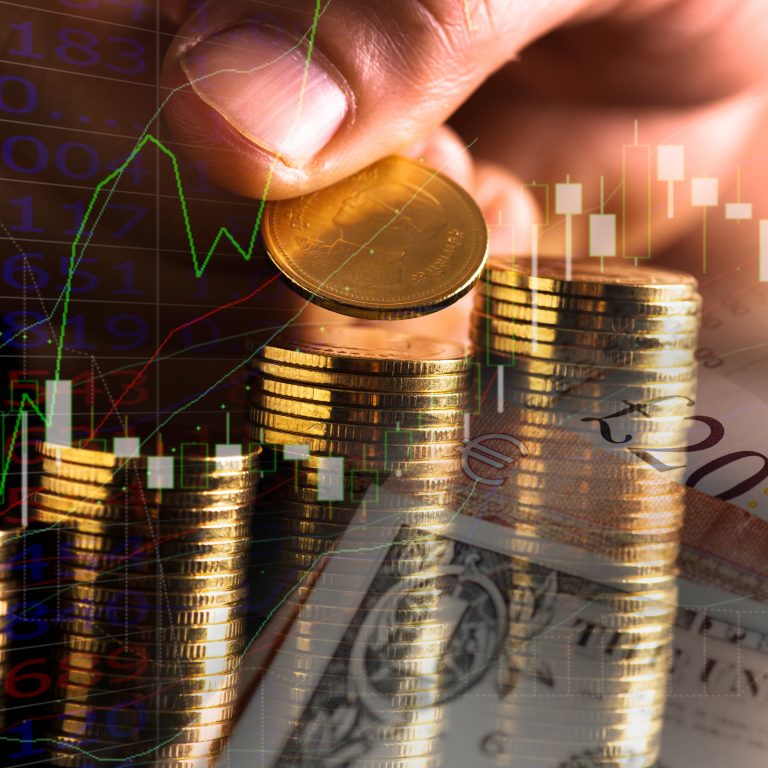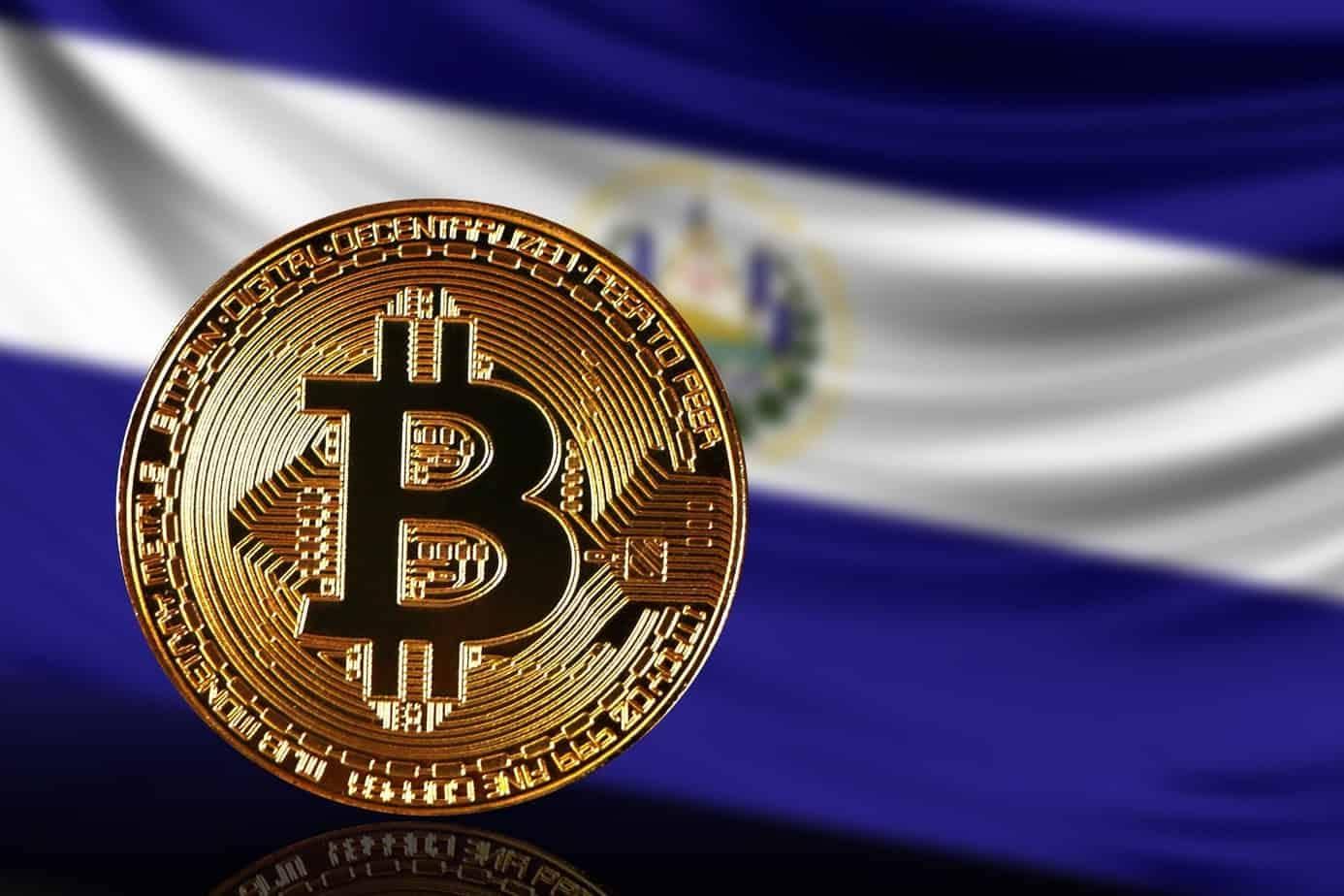2018-11-28 00:16 |
How Does Laundering Money Via Bitcoin Work?
We hear about crypto exchanges being pressured to implement things like KYC (Know Your Customer) and AML (Anti-Money Laundering) all the time, which means that cryptocurrencies can likely be used for such illicit activities. However, not a lot of people understands how the process of using crypto for money laundering actually works. This is something that thenextweb.com's Hard Fork explained best in their Hard Fork Basics
According to them, Bitcoin has been accused of serving as a money laundering tool ever since it was created. By using it, criminals managed to launder more than $2.5 billion. However, there was a large misconception that Bitcoin is anonymous, which is why these individuals felt safe doing so.
As we know today, Bitcoin transactions are transparent and linking them in order to identify a transaction-maker is not that difficult. This is the reason why a lot of these criminals ended up being identified and caught. Transparency is one of the main reasons why we use cryptocurrency in the first place, and only a handful of them can actually claim that they are capable to fully mask the identity of the user.
So, how does money laundering through Bitcoin actually work?
Splitting Up BTC Via Mixing ServicesIt should be clear to everyone by now that Bitcoin is not anonymous. However, it still has a lot of users that wish to use it anonymously. Because of that, new services called mixers, or tumblers, were invented. The way these services work is pretty simple — they bounce dirty coins between numerous addresses while splitting the amount in the process. Once they are sure that nobody can trace which coins came in as part of a dirty transaction, they reassemble the original amount via the wallet on the dark web.
The use of such services can be pretty pricey, and it requires a regular wallet, as well as two wallets on the dark web. Finally, the last ingredient is BTC itself. In a step-by-step explanation, the process would go like this:
Bitcoin is first sent from a normal wallet to a hidden Tor wallet. This is a type of transaction that we call a ‘hop', and they can be performed as many times as necessary between BTC addresses on the dark web. Each hop makes it more and more difficult to keep track of the coins, which is why the process ends with BTC disappearing from the radar.
At this point, the coins are in a dark web wallet, that sends them into a mixer. Mixers usually claim to be quite reputable, and their fees depend on the level of anonymity that the user wishes to have. They will split BTC into multiple transactions, as stated earlier, and will send it through numerous Tor-hosted addresses until tracking them and connecting them to one another becomes impossible.
Once that is done, Bitcoin is deemed clean since nobody can tell that these are the same coins obtained via dirty money. This is when it usually ends up in an exchange, where it is either traded for other crypto or for fiat currencies.
Laundering BTC Via Unregulated Cryptocurrency ExchangesEarlier, we mentioned that exchanges are mostly forced to go through KYC and AML procedures in order to ensure that no criminal activities are being performed on them. However, there are still many exchanges that are completely unregulated. They do not check the identity of the user, nor do they care where the dirty coins came from.
They are even used for cleaning dirty coins, which eliminates the need for a mixing service. The process is rather simple, and all it takes is for the owner of the dirty coins to trade them several times on different markets. One example of this is exchanging dirty Bitcoin for a variety of clean altcoins. Each time this happens, their funds remain cleaner and more difficult to track. It is still not impossible to piece the information together, but it does become more complex.
After several such exchanges, when the user is satisfied, they can withdraw their currency to an external wallet, or retrieve fiat currency. However, this can be tricky, as fiat currencies are hard to obtain on unregulated exchanges. Because of this, money launderers usually tend to turn to shady P2P markets.
Following this process, researchers have managed to provide information to the police and help put a stop to numerous money laundering campaigns around the world. Still, using unregulated exchanges for illegal activities remains a common practice. Some estimates claim that such exchanges receive 36-times more BTC than those with KYC and AML rules in place.
After ending up on such exchanges, almost all of it ends up in countries that have loose KYC/AML regulations, usually those that are barely dealing with crypto, if at all. In addition, these exchanges and mixing services are often used for other questionable activities, such as the use of crypto for gambling purposes, and alike.
origin »Money ($$$) на Currencies.ru
|
|























